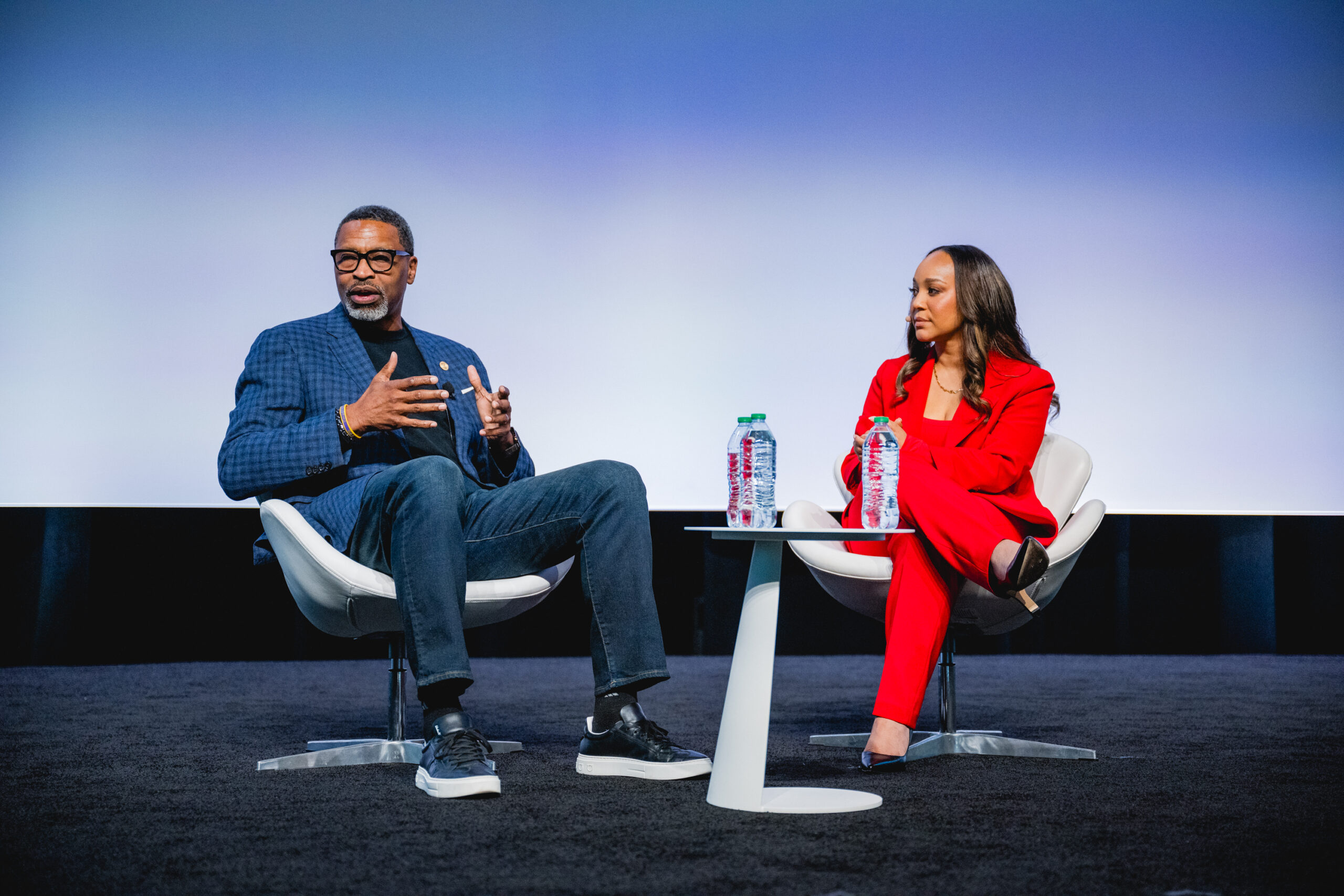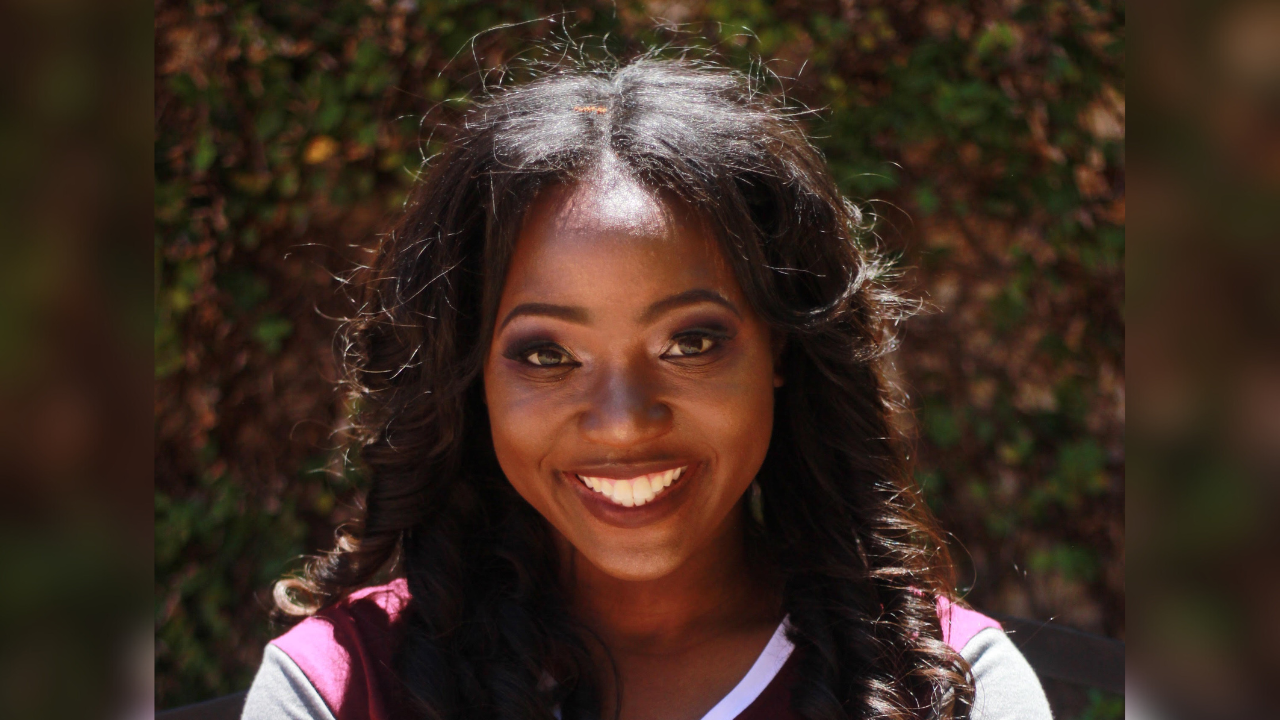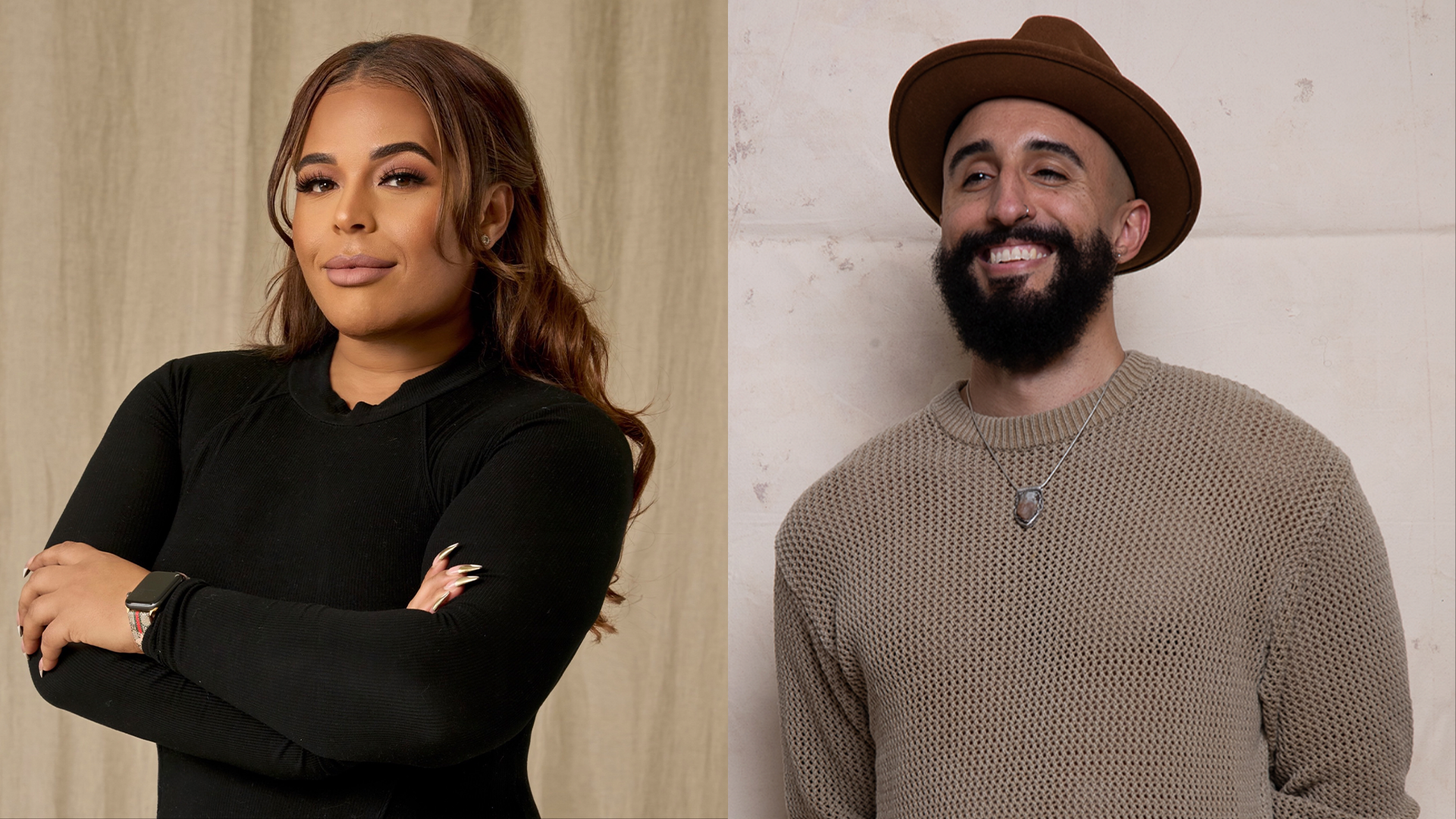The AFROTECH™ 2024 Conference kicked off in Houston on Wednesday, Nov. 13, bringing tech professionals, entrepreneurs, and cultural leaders together for an unforgettable experience.
Day 1 started with dynamic networking opportunities, engaging experiences and meaningful conversations, setting the tone for the week as attendees gathered at the Culture Park Stage, presented by Lexus, for music, wellness and community programming. On Wednesday, there was an opening ceremony featuring a marching band and a compelling address by Blavity Co-Founder and CEO Morgan DeBaun, who spoke on community, innovation and the future. The event concluded with a discussion from Derrick Johnson, president and CEO of the NAACP, the nation’s largest civil rights organization, focusing on “The Power of Our Now: Taking Ownership in AI and Our Rights.”
One of the key issues DeBaun pointed to was the gap in funding stages, noting that Black entrepreneurs often struggle to make it past the early rounds of seed funding.
She asked Johnson about the reactions received since the Oct. 25 announcement regarding the launch of NAACP Capital. The $200 million fund of funds for investors, venture capitalists, and entrepreneurs in New York City, NY, aims to invest in fund managers and startups that work to close the gaps affecting communities of color, according to a press release.
“We’re very positive,” Johnson said.
Johnson referenced the Fearless Fund, which recently discontinued its Strivers Grant program for Black-woman-owned businesses after facing pressure from outside forces. He emphasized the need for innovative approaches to funding and highlighted how some investors prey on entrepreneurs by buying out their ideas and intellectual property at vulnerable stages.
“The goal here is, how do we get you over that hump?” he told the crowd. “So you’re not falling prey to losing your intellectual property to these problems.”
In sharing what he wanted to leave the group with, Johnson told DeBaun he was impressed with her phenomenal empire, adding that it was essential and a room he needed to be in.
“What you have done is prove Black folks can work together, we can do it successfully and that this is possible. That’s key,” Johnson said. “Secondly, the narrative about the generational fight, you know, young people don’t do this, and old people do that. We don’t have any time for us vs. us.”
He described the conference as “the future of the civil rights movement,” emphasizing that the movement has always been about human rights and self-determination.
“It is being able to be self-determined that our human essence is an exploited second stool for cheap or free labor, and third stool, and we are able to create more critical thinkers,” Johnson added. “What COVID taught us is our young people are no longer learning, sitting in stale classrooms with outdated textbooks that actually are old ones. Today is printed as already old. And then we have to innovate. And so I need to be in this room, I could be in a room with, you know, elected officials. They’re boring, and they lost, and I ain’t got time for them.“
In the end, he encouraged the crowd to “stay focused” and most importantly, “stay Black.”

















